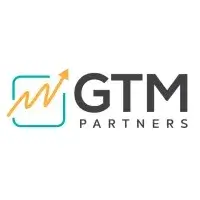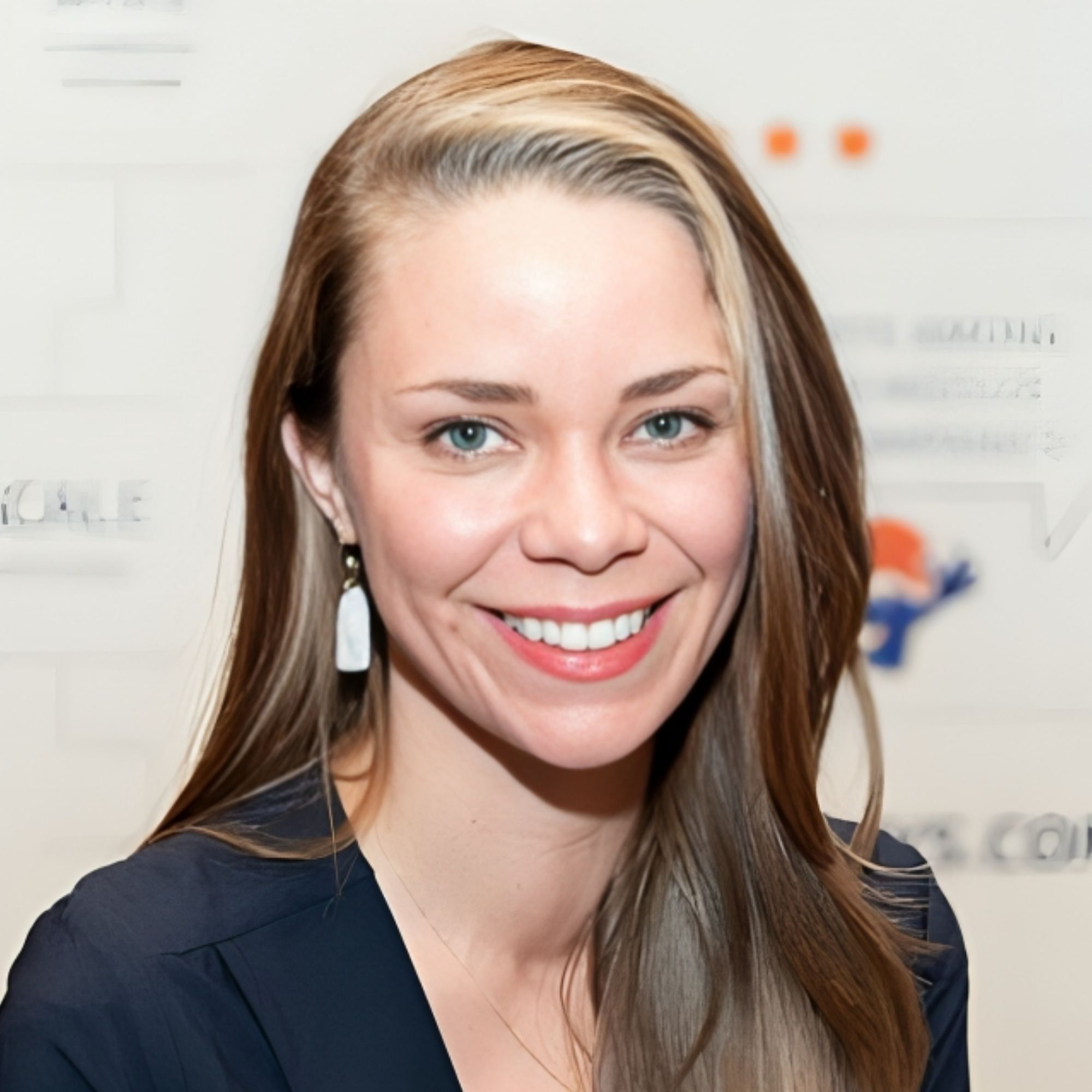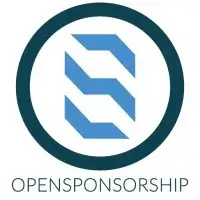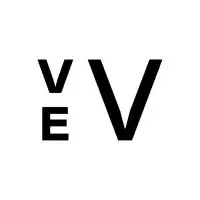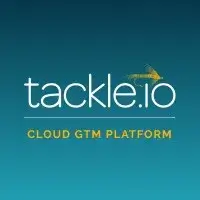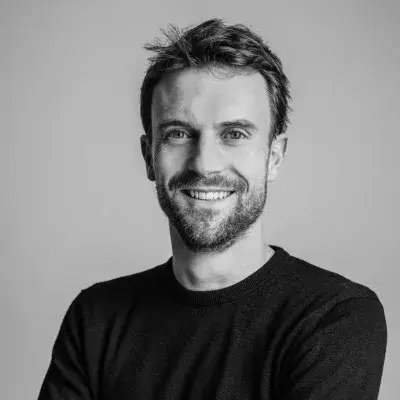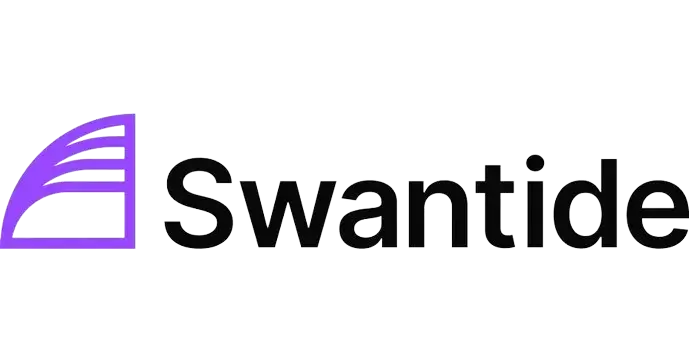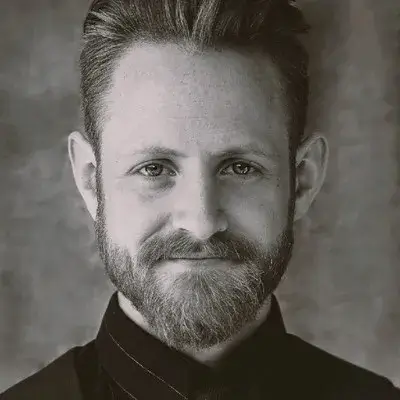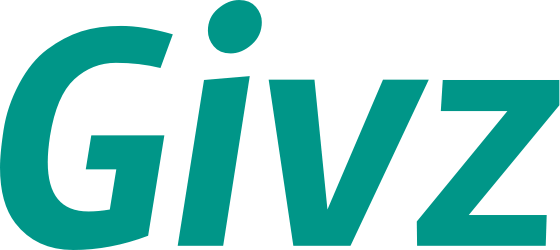Ready to launch your own podcast? Book a strategy call.
Frontlines.io | Where B2B Founders Talk GTM.
Strategic Communications Advisory For Visionary Founders
Conversation
Highlights
From COVID Crisis to Category Creation: How Vendelux is Reinventing Event Marketing
The story of Vendelux began with what could have been a catastrophic timing mistake. “We had ten unaffiliated customers, February of 2020, all set to go full time. And then the pandemic hit,” shares Alex Reynolds in a recent episode of Category Visionaries. “That was probably one of the lowest moments in my life.”
While virtual event platforms like Hopin soared to multi-billion dollar valuations during the pandemic, Alex and his co-founder made a contrarian bet: in-person events would return stronger than ever. They remained skeptical of the digital event revolution, believing that “the magic around events is getting people together in person.”
That conviction has since been validated. “In 2024, events are now bigger, on average, than they’ve ve ever been before,” Alex notes. But more interesting than this vindication is how Vendelux is transforming the traditionally tactical role of event marketing into a strategic function.
The Hidden Problem in B2B Events
Before Vendelux, Alex and his co-founder Stefan built a business unit at Shutterstock from zero to $30 million in ARR, with growth primarily driven by events. This experience revealed a critical gap in the market: “When it worked well, it was the best thing that we could do. When it didn’t work well, it was a huge waste of time and money.”
The problem wasn’t just their own. Through conversations with hundreds of event marketers, they discovered this challenge was universal. Companies were spending between 24% to 40% of their B2B marketing budgets on events, yet the process of selecting and maximizing event ROI remained startlingly manual.
“We’ve talked to marketers that say ‘oh, I spend 30 hours every two weeks, we’re just googling to figure out what events I should be at,'” Alex reveals. “Which sounds crazy but it’s such a manual, time intensive process and there’s no tooling for this entire job bug.”
Building a New Category
Rather than positioning Vendelux as another event tech platform, Alex is taking a page from Gainsight’s playbook. Just as Gainsight transformed account management into the strategic function of customer success, Vendelux aims to elevate event marketing from a cost center into a strategic driver of business growth.
The challenge is that event participation is fragmented across organizations. “Sales will go to events on their own, SDRs will go, customer success will go, even like recruiting or legal and finance will go to seminars for learning and development,” Alex explains. This fragmentation creates an opportunity for a new type of marketer – one who can quarterback all in-person touchpoints across the organization.
The Go-to-Market Innovation
Vendelux’s go-to-market strategy is built on meeting customers at their moment of maximum pain. They’ve positioned SDRs in major trade show hubs like Vegas and London, where they can engage event marketers right when they’re feeling most overwhelmed.
“They just spent the last two, three months preparing for the event and oftentimes they don’t feel as prepared as they want to,” Alex shares. “They don’t have enough pre-booked meetings. And so we come along and say hey, there’s a better way.”
Rather than demanding new budget allocations, they’ve found creative ways to work within existing constraints. Event marketers might “instead of doing the platinum sponsorship, they’ll do the gold sponsorship” to free up budget for Vendelux. This pragmatic approach allows them to prove value before asking for expanded investment.
Beyond Events
While events are Vendelux’s starting point, Alex’s vision extends further: “Our vision is to empower humanity to build meaningful professional relationships.” He sees events as just one channel where like-minded professionals come together, with opportunities to expand into facilitating valuable connections across various contexts.
The transformation of event marketing from a tactical function into a strategic driver of business relationships mirrors larger shifts in B2B go-to-market strategy. As companies seek more efficient ways to build meaningful connections in an increasingly digital world, Vendelux’s approach to event intelligence could become a blueprint for the future of B2B relationship building.
Actionable
Takeaways
Integrate Multiple Data Sources for Enhanced Event Intelligence:
To make informed decisions about which events to attend or sponsor, companies should utilize a variety of data sources, including direct partnerships with event organizers and public information. This comprehensive approach enables a deeper understanding of event dynamics and attendee profiles.
Maintain Flexibility in Business Operations:
The pandemic's impact on Vendelux highlights the importance of maintaining operational flexibility to swiftly adapt to unexpected industry changes. Companies should prepare contingency plans and be ready to pivot strategies in response to market shifts.
Evaluate the Irreplaceable Value of In-Person Interactions:
Despite the convenience of virtual events, the unique benefits of face-to-face interactions should not be underestimated. Businesses need to assess the long-term benefits of in-person engagement when planning their event strategies.
Align with Investors Who Share Your Vision:
Finding investors who understand and support your business's unique value proposition is crucial, especially during uncertain times. This alignment can provide essential support and resources needed for growth and adaptation.
Empower Niche Markets with Specialized Solutions:
Vendelux's focus on event and field marketers—an often underserved group—illustrates the potential of targeting niche professional communities. Companies should explore opportunities to provide specialized solutions that address specific needs, thereby demonstrating clear ROI and enhancing overall business effectiveness.














